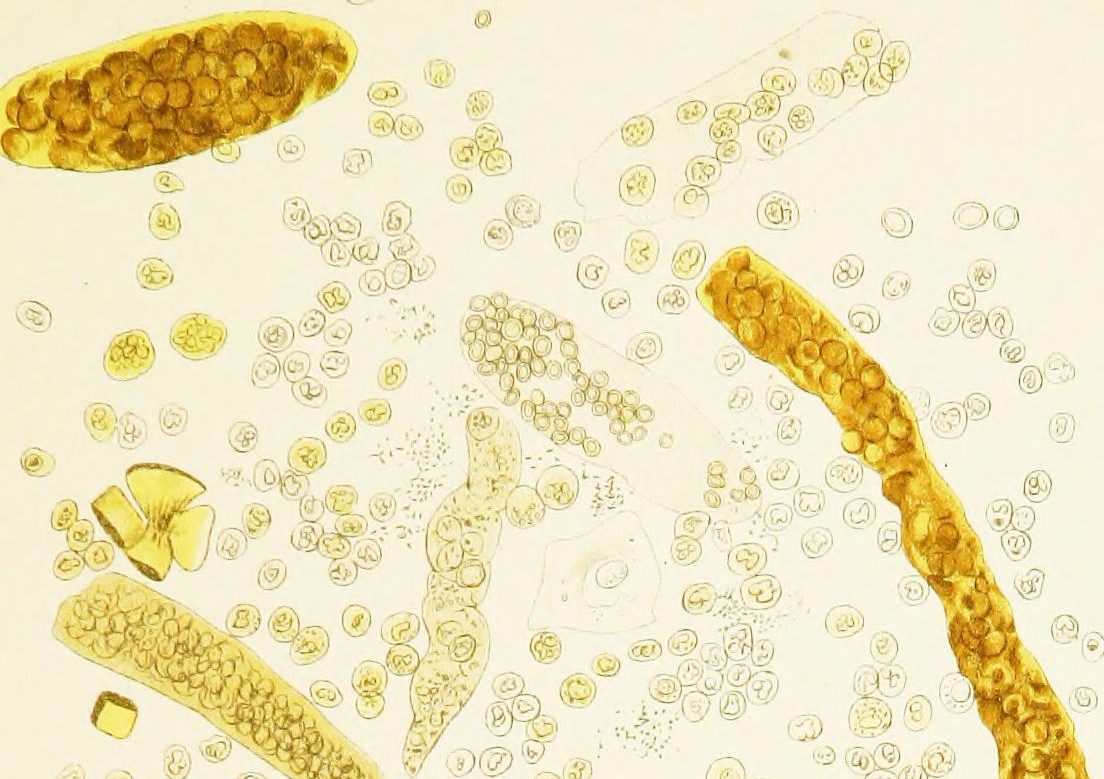
Why Yellow?
There are numerous aspects of daily life that we accept without questioning, often unaware that inquisitive scientists tirelessly seek answers to questions we may not even think of asking. Even if we do not think about it, a number of new biological, chemical, or other scientific processes can reveal myriad possibilities that may impact our daily lives.
One such intriguing phenomenon is the reason why our urine is yellow. The biological intricacies behind this routine excretory process, witnessed by all of us at least a few times daily, have actually been known for over a century. However, the chemical compound responsible for this phenomenon was identified and named just recently, with the help of advancements in genome sequencing technology, which allows a new discovery almost every single day.
As red blood cells reach the end of their lifespan, they begin to decompose in the liver, transforming into a yellow hue before being excreted in the urine. This decomposition is facilitated by a gastric enzyme called bilirubin, which is normally orange, but transforms into a compound called urobilinogen in the liver, becoming lighter in colour and ultimately giving the urine its yellow colour. The enzyme responsible for this transformative process, eluding scientists for an extended period, has finally been named as bilirubin reductase.
The findings from a research led by scientists at the University of Maryland were recently published in the Nature Microbiology. Brantley Hall, one of the researchers, explains the methodology and technology they employed: “Our work to find [bilirubin reductase] relied on combining experimental screening with genomic analysis. Gut microbes can be challenging to study, because the gut is a low-oxygen environment, and many of the bacteria in our guts can’t survive if too much oxygen is present, making them difficult to grow and perform experiments on in labs. This ultimately meant that only a handful of bacterial species had ever been identified as being able to metabolize bilirubin, limiting the amount of data that was available”. Despite these challenges, the researchers were able to successfully isolate one of the bacteria responsible for bilirubin compound digestion, namely Escherichia coli, allowing them to identify the enzyme they abbreviated as BilR.
This discovery is not merely a quenching of scientific curiosity, of course, it is believed to have the potential to usher in new methodologies for treating conditions such as jaundice, gallstones, inflammatory bowel disease, and even excessive bilirubin accumulation, which may sometimes lead to brain damage and death due to disruptions in bilirubin degradation processes within the body.
Now we have a deeper understanding of why our urine is yellow, but you better continue to keep yourself well hydrated.
REFERENCES
- 1. https://www.ncbi.nlm.nih.gov/pmc/articles/PMC9934709/
- 2. https://futurism.com/neoscope/scientists-urine-enzyme-yellow
